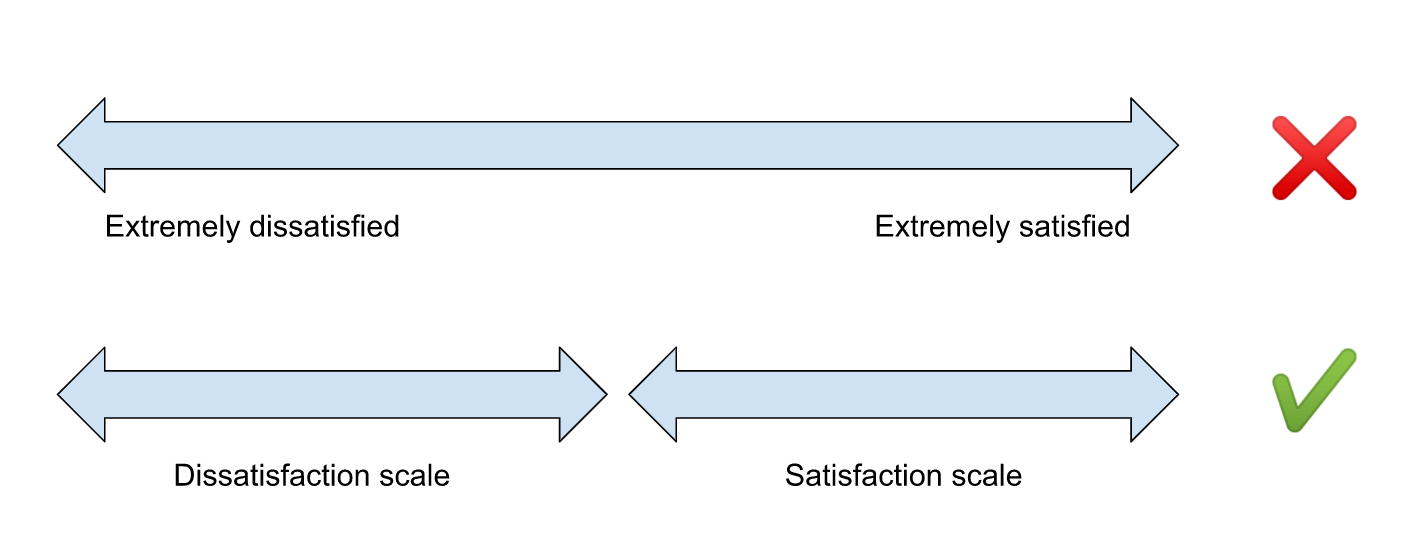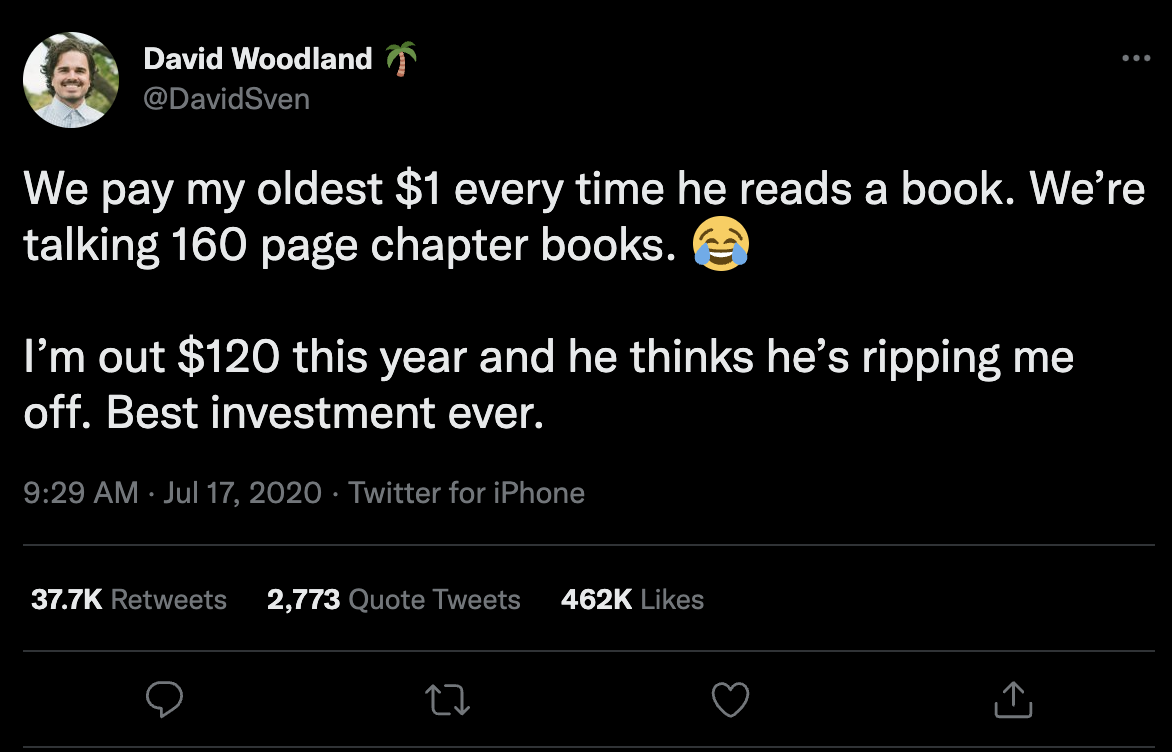It is a well known fact that intrinsic motivators are the only true motivators with long lasting impact. People do get affected by factors like compensation, rewards, praise, etc but those are hygiene factors that prevent people from being dissatisfied at their jobs. It does not guarantee and in fact correlates very weakly with the satisfaction or levels of happiness of a person. The real measure of satisfaction or happiness comes from intrinsic motivation and meaning. Something we like to call the “joy of doing things”. The below graphic explains this.

The human satisfaction scale is not a single scale that starts from extremely dissatisfied and ends with extremely satisfied (as the NPS surveys would have you believe). Satisfaction and Dissatisfaction are two different scales. You can fix rewards and ensure people are not dissatisfied but that does not mean if they are comp’d well, they will be satisfied or happy.
I saw the following tweet today and i wasn’t sure if this behaviour of rewarding kids for reading books is such a great idea. Linking an activity, that should ideally be fulfilling in and of itself, to an external reward, damages the actual experience itself.

There have been many studies that have shown this adverse effect of incentives. A study by Bruno Frey and Felix Oberholzer-Gee, two social scientists, who surveyed the residents of a town in Switzerland, on whether they would consider allowing the use of some of its land for nuclear waste dumping. People were educated about the precautions that would be taken and also made aware of how it might affect their house prices and the ecological balance in the future. Nearly 51% of the people agreed to have the waste dumped in their town. The waste had to go somewhere and they thought of it as their civic duty to take it upon themselves. When some of the residents were offered money to do this, the percentage of people who agreed to have their town used for the nuclear dump dropped to 25%. The monetary incentive no longer made it their civic duty. People evaluated their actions, against the money they were being offered. This is the adverse effect of monetary incentives.
The book What money can’t buy by Michael Sandel takes a very hard look at this. It talks about how monetary incentives corrupt the activities they aim to incentivize. The idea of reading a book is to enjoy it with learning being the by-product. Once an incentive is offered, it crowds out, what Sandel calls the ’nonmarket norms’ associated with the activity. There are plenty of studies that show this in action. Israeli students were studied to raise funds for a worthwhile cause. Students were divided into 3 groups. The first group was just given a motivational speech and asked to do their best and explained what their efforts would mean to the cause. The second group was offered a 1% commission and the third group was offered a 10% commission. If you’re guessing the group with no commissions did the best, you’re right. They raised 50% more money than the group with 1% commissions and 10% more money than the group with 10% commissions. You may note that within the groups that were offered commissions, the one with the higher commissions did do better than the other, but it struck out against those kids who were intrinsically motivated to go out and raise funds for the cause.
If you are looking to get your kids into reading, there are perhaps better ways to do so than offering them money to do it. Maybe they can learn to enjoy a book the same way they learn everything. By watching you do it. Maybe you can create a great library and a reading room. Maybe discuss books and stories at the dinner table. Maybe take your kids to book stores, just for browsing and let them choose what they want to buy (choice is a great personal motivator). Note that all of these require you to spend resources/money but they are not crowding out the inherent joy of reading books and replacing them with a bribe.
I run a startup called Harmonize. We are hiring and if you’re looking for an exciting startup journey, please write to jobs@harmonizehq.com. Apart from this blog, I tweet about startup life and practical wisdom in books.